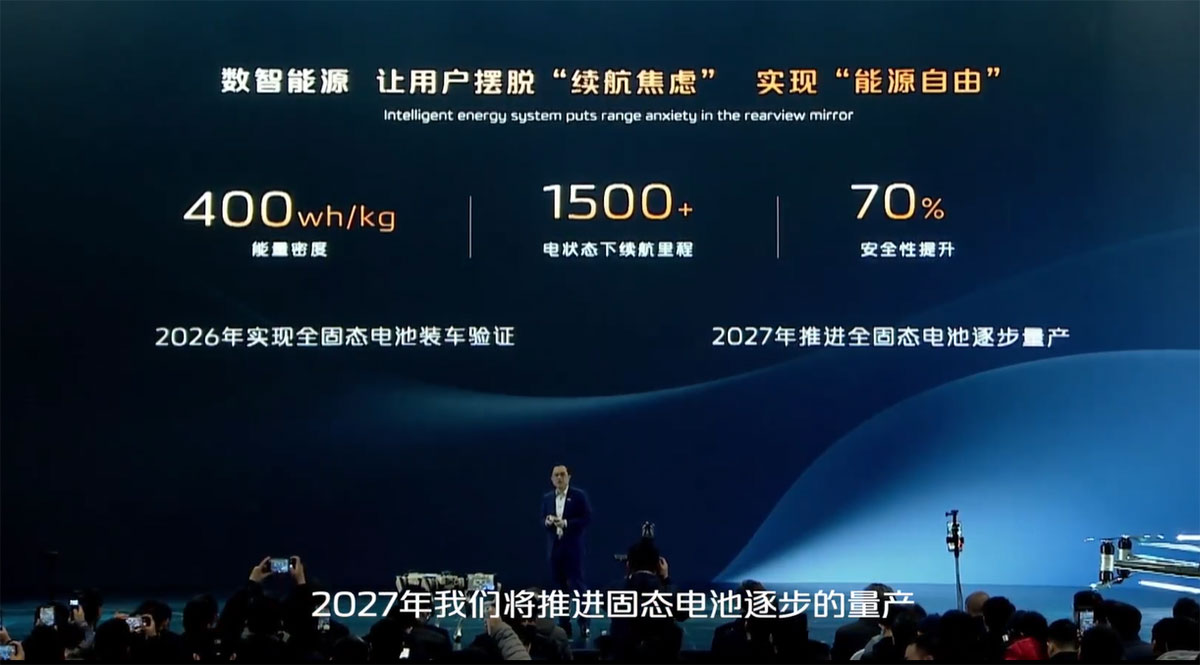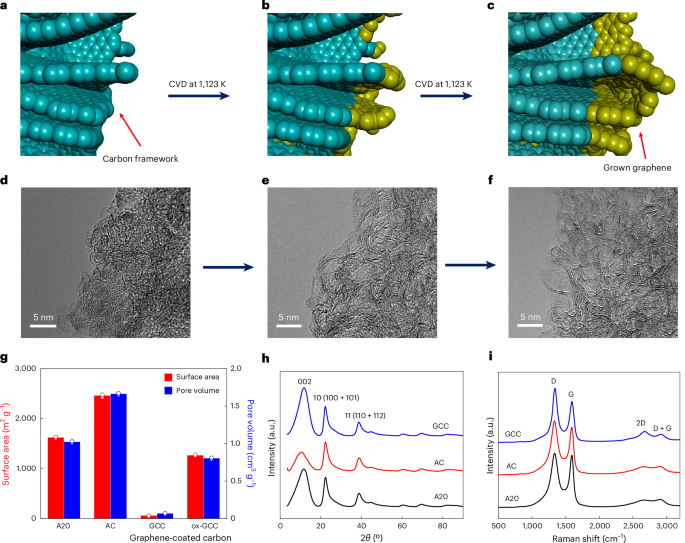Freight Fraud and Cargo Theft: The Epidemic Nobody Wants to Talk About
Freight fraud and cargo theft have reached crisis levels, but recent FMCSA identity verification measures are chipping away at fraudulent registrations. Proactive enforcement and innovative tech solutions are starting to protect our supply chains. The post Freight Fraud and Cargo Theft: The Epidemic Nobody Wants to Talk About appeared first on FreightWaves.

In the trucking industry, fraud and cargo theft are full-blown crises. Maybe this isn’t Bonanno, Colombo, Gambino, Genovese and Lucchese-level organized crime, but make no mistake, organized crime exploits vulnerabilities in our supply chains and it’s impacting everyone from small carriers to global shippers. We delve into the realities of freight fraud, the effectiveness of recent Federal Motor Carrier Safety Administration identity checks and how industry initiatives like Transportation Worker Identification Credential (TWIC) verification and the Freight Fraud Task Force are reshaping the fight against these crimes.
Understanding Freight Fraud and Cargo Theft
At its simplest, freight fraud is a deception involving carriers, brokers or shippers to steal freight, money or even company identities. Common tactics include double brokering, where fraudulent brokers rebook freight without authorization, often leaving carriers unpaid, and carrier identity theft, in which scammers use legitimate carrier credentials, including MC or DOT numbers, to book and steal freight. Legitimate carriers suffer twice, losing income and getting saddled with compliance violations they didn’t commit or lawsuits they had no involvement in.
Cargo theft has become sophisticated. Criminal groups arrange fake pickups using forged paperwork, forged credentials and counterfeit identification. Recently, authorities in Los Angeles County alone recovered over $1.3 million in stolen merchandise, ranging from electric bikes and Sony TVs to beauty products and electronics, emphasizing how lucrative and widespread these crimes have become.
Why Fraud Is Thriving
Part of the blame lies with the agency designed to prevent it, the FMCSA. Existing laws such as MAP-21 (2012) explicitly require the FMCSA to vet brokers thoroughly, yet these requirements, like mandatory knowledge tests and documented experience, remain largely unenforced.
Today, anyone with roughly $1,500 (a $300 FMCSA fee, $1,000 down on a surety bond and minimal administrative costs) can become a broker. This ease of entry allows fraudulent brokers to scam shippers, pocket cash and disappear overnight. The FMCSA’s own data systems are notoriously muddy and inadequate in highlighting fraudulent activity or clearly detailing limited authority for carriers, especially enterprise carriers, which frequently operate beyond their permitted scope.
FMCSA’s Recent Identity Verification Rollout
Recognizing these vulnerabilities, the FMCSA began implementing stringent measures in April to tighten identity verification. Working with Idemia, the FMCSA introduced mandatory facial recognition and government-issued ID checks for all new motor carrier applicants. The immediate impact of this initiative was significant. According to data from CarrierOK, the filed-to-published application approval rate, previously around 60%-65%, plummeted dramatically to roughly 30% after the verification rollout.
This sudden drop might mean that the new ID checks are successfully weeding out fraudulent or incomplete applications before they even reach public review, or the agency is so slow in processing applications because of a lack of resources that it’s miring down the process. Although the number of total filings remains steady, the sharp decline in published approvals might indicate a crackdown effect, clearly demonstrating that tighter identity controls are effectively curbing fraud at the entry point. Notice I said “might.”
New Tools to Tackle Fraud
The industry isn’t just standing by. It’s tired of the crazy. Solutions are emerging to tackle freight fraud proactively, led by innovative platforms like FreightValidate. Founder Dale Prax and partners John Cantera, Jeff Dickinson, Bill Robinson, Claudia Atletts and others (including myself) have established or are part of the Freight Fraud Task Force Inc, to curb industry fraud through education, audits, best practices and accountability at every level.
FreightValidate’s partnership with AU10TIX has introduced powerful, yet user-friendly verification tools. In under 90 seconds, carriers, drivers and brokers can complete facial recognition and real-time ID checks on any mobile device. This rapid validation ensures that the people handling the freight are exactly who they claim to be, dramatically reducing fraud opportunities before the truck arrives at the loading dock.
The Role of Blockchain, Smart Contracts and AI
I have long advocated for a cyberphysical approach to logistics fraud. A year or so ago, I wrote an article on a model for mitigating double brokering through integrated technologies. Leverage blockchain, smart contracts, digital identity verification and real-time tracking to build a trust-driven freight system. I even name-dropped Rich Mason, president and Chief Security Officer at Critical Infrastructure and Chief Information Security Officer (CISO) legend, to hopefully draw him into this good time.
The idea centers on a blockchain-based reputation system, where carriers, brokers and shippers earn scores based on performance, disputes and reliability. Smart contracts would lock in terms and trigger updates on the blockchain with each completed task. Verified digital identities, powered by facial recognition or biometrics, would restrict access to only authenticated users.
Internet-of-things-based shipment tracking and AI-driven analytics could enhance this digital fortress to flag fraud patterns before a single invoice is sent. I believe that fighting fraud requires cybersecurity-level thinking. At the end of the day, our only solution is a solid cybersecurity program and some good CISOs to put it all together for us mere layman transportation folk.
The TWIC Advantage and the Shortcomings of Current FMCSA Initiatives
Ironically, FMCSA recently launched a costly facial recognition partnership with Idemia. Why spend millions on new systems when we already have proven verification mechanisms with a criminal background element like the Transportation Worker Identification Credential (TWIC)? What sense does that make? Not much, but maybe the issue is we have such a revolving door at the federal agency that the people running the FMCSA aren’t familiar enough with the supply chain to know what we have and what we don’t or how to use it practically.
TWIC, used extensively in ports, provides biometric verification and comprehensive background checks that go beyond simple identity confirmation. Implementing TWIC requirements for brokers and carriers would significantly strengthen vetting, ensuring that criminals don’t just find new ways around superficial security measures. An extra $125 added to the FMCSA’s application fee could cover these deeper screenings, bringing significant ROI in fraud prevention without burdening taxpayers.
Educate, Audit, Prevent
The Freight Fraud Task Force emphasizes practical, actionable steps over mere technology deployment. Real-time, in-person carrier audits at loading docks, comprehensive fraud-awareness training and best practices education form the backbone of its strategy. Companies are encouraged to actively participate, share information and implement robust anti-fraud measures in-house.
The Task Force’s Risk Assessment Audit Program provides audits, tailored training and certifications to proactively catch fraud early. The mantra here isn’t cleanup after the theft, it’s prevention before the crime happens.
It’s Time for Real Accountability
Ultimately, meaningful change requires industrywide accountability and governmental enforcement. As long as laws remain unenforced, cargo theft and fraud will persist, inflating consumer costs and damaging reputable carriers and brokers. FMCSA and the Department of Transportation need to commit fully to vetting carriers, brokers and shippers, enforcing existing laws and cooperating closely with private initiatives that are already making significant strides.
The time to act isn’t tomorrow, it’s now. The freight industry’s future, its integrity and its profitability depend on stopping fraud and theft before they happen. Industry leaders, tech innovators, regulators and carriers must unite under a common mission: protecting the lifeblood of our economy by finally enforcing the accountability and integrity this industry deserves.
The post Freight Fraud and Cargo Theft: The Epidemic Nobody Wants to Talk About appeared first on FreightWaves.














































































































































